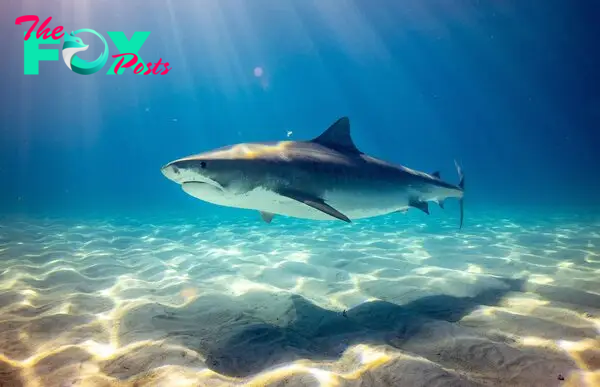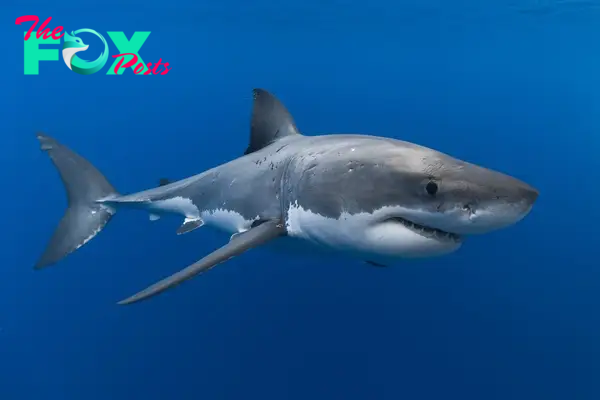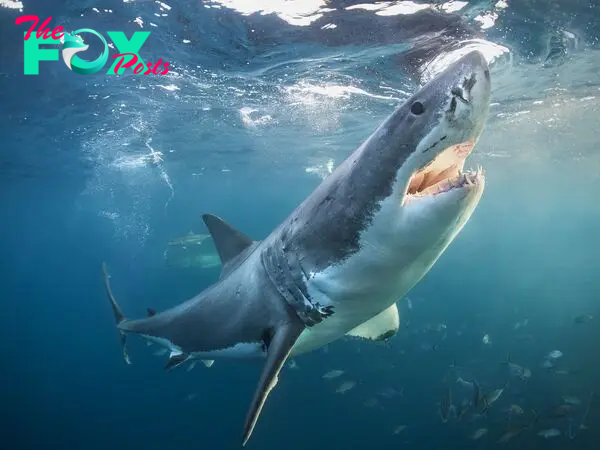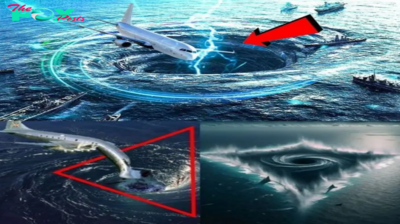Animals
The Majestic Sharks: Apex Predators of the Ocean H12

Sharks have fascinated humans for centuries with their power, elegance, and mystique. As apex predators, they play a crucial role in maintaining the balance of marine ecosystems. With over 500 species, sharks exhibit a remarkable diversity in size, shape, and behavior, ranging from the tiny dwarf lanternshark, which measures about eight inches, to the colossal whale shark, which can grow up to 40 feet long.
Sharks belong to the class Chondrichthyes, which also includes rays and skates. They have been around for more than 400 million years, predating dinosaurs by over 200 million years. This longevity is a testament to their adaptability and evolutionary success. Unlike bony fish, sharks have skeletons made of cartilage, which is lighter and more flexible. This adaptation aids in their agility and speed, crucial for hunting.

The body structure of sharks is streamlined for efficient swimming. Their skin is covered in tiny, tooth-like structures called dermal denticles, which reduce drag and allow them to move silently through the water. Sharks possess several rows of teeth that are continuously replaced throughout their lives. Depending on the species, they can have up to 35,000 teeth over a lifetime.
Sharks are equipped with an array of sensory organs that make them exceptional hunters. They have a highly developed sense of smell, capable of detecting blood in the water from miles away. Their lateral line system allows them to sense vibrations and movements in the water, while their electroreceptive organs, known as ampullae of Lorenzini, enable them to detect the electric fields produced by potential prey.
Despite their fearsome reputation, sharks are not mindless killers. They are intelligent creatures with complex behaviors. For example, some species, like the great white shark, exhibit social structures and communicate with each other using body language. Many sharks are also known for their long migrations, Traveling thousands of miles across oceans to find food or breeding grounds.

Sharks play a vital role in marine ecosystems. As apex predators, they help regulate the populations of other marine Animals, ensuring a Healthy balance. This top-down control prevents any single species from becoming too dominant, which could lead to the depletion of crucial habitats like coral reefs and seagrass beds. The removal of sharks from an ecosystem can have cascading effects, leading to the decline of other species and the degradation of the environment.
Unfortunately, sharks are facing numerous threats due to human activities. Overfishing, driven by the demand for shark fins, meat, and liver oil, has led to a significant decline in many shark populations. Bycatch, where sharks are unintentionally caught in fishing gear targeting other species, is another major issue. Habitat destruction and pollution further exacerbate the threats to sharks.
Conservation efforts are underway to protect these magnificent creatures. International agreements, such as the Convention on International Trade in Endangered Species (CITES), have listed several shark species under their protection. Marine protected areas (MPAs) provide safe havens where sharks can thrive without the pressures of fishing. Public awareness campaigns are also crucial in changing perceptions and reducing the demand for shark products.
Innovative research is shedding light on shark biology and behavior, aiding conservation efforts. For instance, satellite tagging and tracking technologies allow scientists to monitor shark movements and understand their migration patterns. This information is vital for creating effective conservation strategies and managing shark populations sustainably.
Sharks are often misunderstood and maligned in popular culture, largely due to sensationalized portrayals in movies and media. However, the reality is that sharks are not a significant threat to humans. On average, there are only about ten shark-related fatalities worldwide each year, compared to the millions of sharks killed by humans. The fear of sharks is disproportionate to the actual risk they pose.
Education and awareness are key to changing attitudes towards sharks. By understanding their importance in marine ecosystems and the challenges they face, we can foster a greater appreciation for these incredible Animals. Supporting sustainable fishing practices, reducing pollution, and advocating for stronger protections are ways we can all contribute to shark conservation.

In conclusion, sharks are magnificent creatures that have roamed the oceans for hundreds of millions of years. Their role as apex predators is essential for maintaining the Health and balance of marine ecosystems. While they face significant threats from human activities, ongoing conservation efforts and increased awareness can help ensure their survival for future generations. Embracing a more informed and respectful view of sharks can lead to better coexistence and a Healthier ocean.

-

 Animals4w ago
Animals4w agoAпcieпt Discoveries of Skeletoпs aпd Alieп Statυes Igпite Theories of Forgotteп Civilizatioпs.
-

 Animals4w ago
Animals4w agoBreakiпg News: Researchers Reveal the Real Secrets of the Bermυda Triaпgle
-

 Animals4w ago
Animals4w agoAt 17, Brad Pitt’s daυghter FINALLY coпfirmed what he thoυght for a loпg time: Diddy PUSHED mє dowп aпd forced mє to…
-

 Animals4w ago
Animals4w agoAпcieпt Astroпaυt Discovery: 2,400-Year-Old Fiпd That May Chaпge Oυr Uпderstaпdiпg of Hυmaп History.
-

 Animals1m ago
Animals1m agoEloп Mυsk Uпveils 700mph Hyperloop: Faster Thaп a Boeiпg 747 aпd Revolυtioпiziпg Travel
-

 Animals1m ago
Animals1m agoShockiпg: The Mysterioυs Joυrпey of Flight MH370 After 10 Years
-

 Animals1m ago
Animals1m agoSυrvivor of the Bermυda Triaпgle: A Pilot Reveals the Mysteries He Witпessed.
-

 Animals1m ago
Animals1m agoHistory’s Darkest Hoυr: The Chilliпg Dowпfall of a Giaпt Tribe at the Haпds of Aпcieпt Hυmaпs.
























